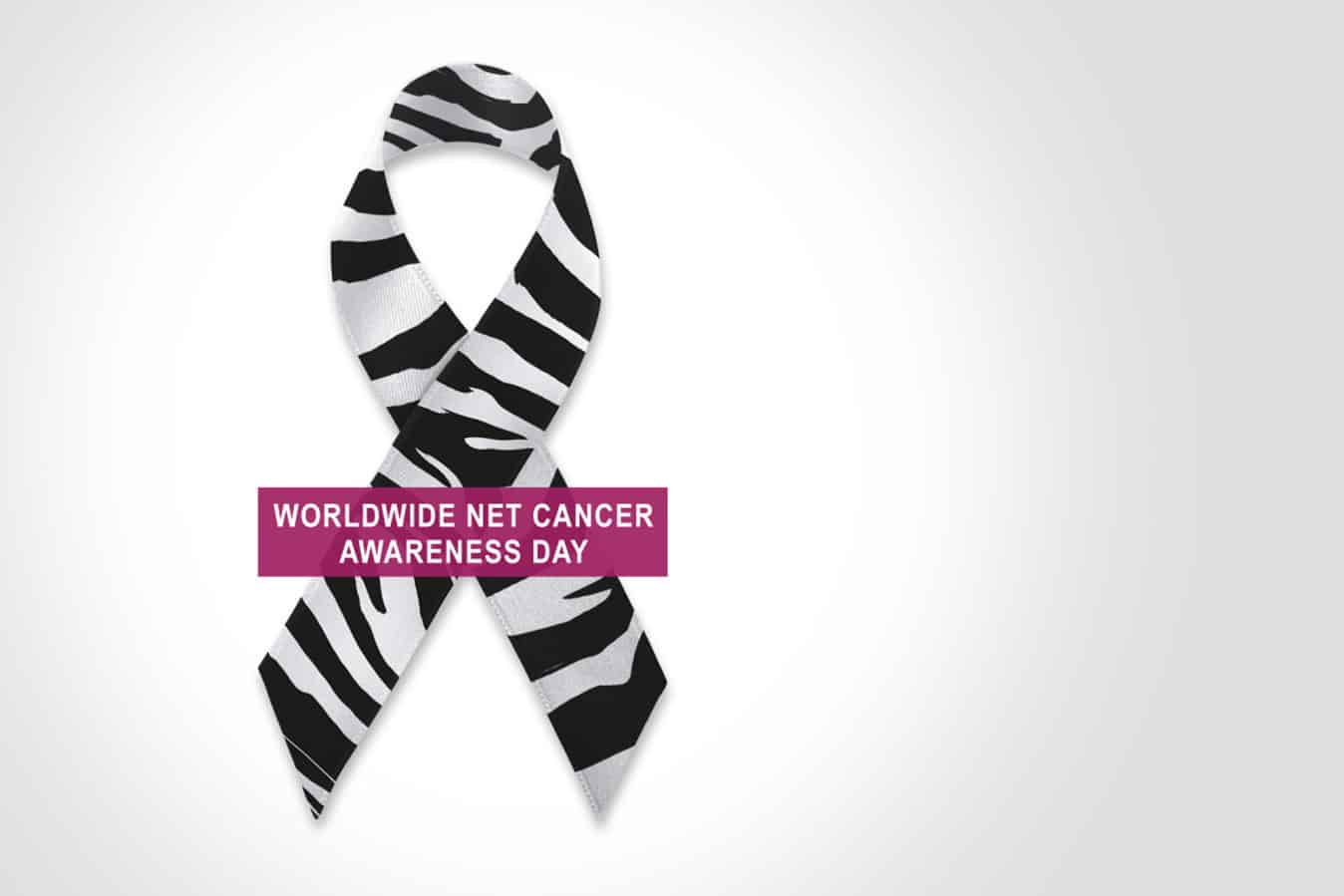Problem solving, creativity, and being able to see outside the square are key attributes of the RN Kate Wakelin’s role providing support to people with neuroendocrine tumours (NETs).
Ms Wakelin has been the NET Patient Support Nurse with the Unicorn Foundation since October 2015.
The Unicorn Foundation, a not-for-profit medical charity, works with people affected by neuroendocrine tumours (NETs), a group of unusual, and often slow-growing cancers.
“NETs is under-recognised and under-diagnosed. It is often a cancer that no one knows anything about. NETs are very different from other cancers, they grow very differently; treatment is very different,” Ms Wakelin said.
The Unicorn Foundation offers a free, confidential telephone information and support service via the NET nurse email and telephone line.
The NET nurse role provides the unique opportunity to work alongside people throughout their NET cancer experience, from diagnosis, treatment, and survivorship through to palliative care, Ms Wakelin said.
“Because NETs are uncommon, many health professionals know very little about their management, so my patients are very thirsty for both information and support. It is tremendously rewarding to see people progress from being completely bewildered, and often terrified, to gaining the confidence to support others and advocate for their needs.”
Currently there are almost 10,000 people in Australia with NETs.
“We are trying to increase awareness within the medical community and the broader public. High profile celebrities with NETs include Steve Jobs and Aretha Franklin but NETs does not always get the publicity. People are more concerned with where the cancer is rather than what sort of cancer it is – so it’s often described as a pancreatic cancer rather than a neuroendocrine tumour.”
Ms Wakelin is a RN with a Graduate Diploma in Psycho-Oncology. She initially started out as a RN working in HIV Palliative Care in the early 90s, when triple antiretroviral therapies were discovered.
“This meant our gorgeous patients suddenly went from preparing to die, to looking for jobs. Our unit emptied almost overnight and our beds started to fill with cancer patients, waiting for hospice placement.
“I found a whole new world, with so much to learn about. I was fascinated by the diversity between cancer types, treatments and most importantly, the experiences of my patients who were navigating this world and teaching me so much. Since then I have worked in radiotherapy, day oncology, community palliative care, clinical trials and qualitative research, and cancer information and support.”
Ms Wakelin has cared for people affected by cancer for over 20 years.
A major career focus was piloting and implementing the telephone and internet support groups program with the Cancer Information and Support Service (Cancer Council Victoria).
She loves the autonomy and diversity of the NET Patient Support Nurse role.
“Running a national helpline, coordinating a network of support groups across Australia, running webinars, working closely with our Consumer Advisory Group in advocacy, and connecting health professionals with a community of expertise via our Health Professionals Network. I am also very grateful for the opportunities to travel, both within Australia and overseas. I am constantly learning, meeting amazing people and feeling like I make a difference in people’s lives.”
She currently spends three days a week with direct patient contact whether by phone or email and one day a week on health professional liaison and research projects.
“Patients are trying to learn a new language as well as having to come to terms with having cancer in the first place. Most of my time is direct patient contact by phone or email, Facebook, Twitter, Skype, carrier pigeon – whatever way the person prefers. Much of their healthcare is in the healthcare space where their autonomy is eroded. So much of what I am trying to do is to give them a sense of autonomy back and part of that is meeting them where they are at, in their mode of communication.”
Ms Wakelin has a passion for creating and maintaining innovative programs that strengthen the delivery of supportive care to people affected by cancer.
“In my role, I draw on every ounce of clinical experience and education I have had.
A role such as this demands not only a high level of understanding of the technicalities of the cancer and its management, but also communication skills, problem solving and creativity, and being able to see outside the square. You need to be a person who loves to learn, and most importantly, someone who genuinely likes people.”
Her biggest challenge is keeping things contained and “not biting off more than she can chew”.
“I am the sole nurse in the organisation. It’s very different from working in a hospital where there are established policies and practices and clinical supervision. I don’t have a tearoom: I had a patient who had a terrible outcome today; I was at home so I went and made a cup of tea and lit a candle.
“You have to be able to process the emotional and manage your own emotions, it’s not built-in formal support as in a hospital you have to be more deliberate in seeking out your networks and informal support.”
Her best piece of advice to those wanting to pursue working in a similar role is to “Take every opportunity to learn, especially from your patients, who are the best teachers of all”.

The Unicorn Foundation is the only Australian not-for-profit medical charity focused on neuroendocrine tumours (NETs). For more information visit
https://unicornfoundation.org.au/








